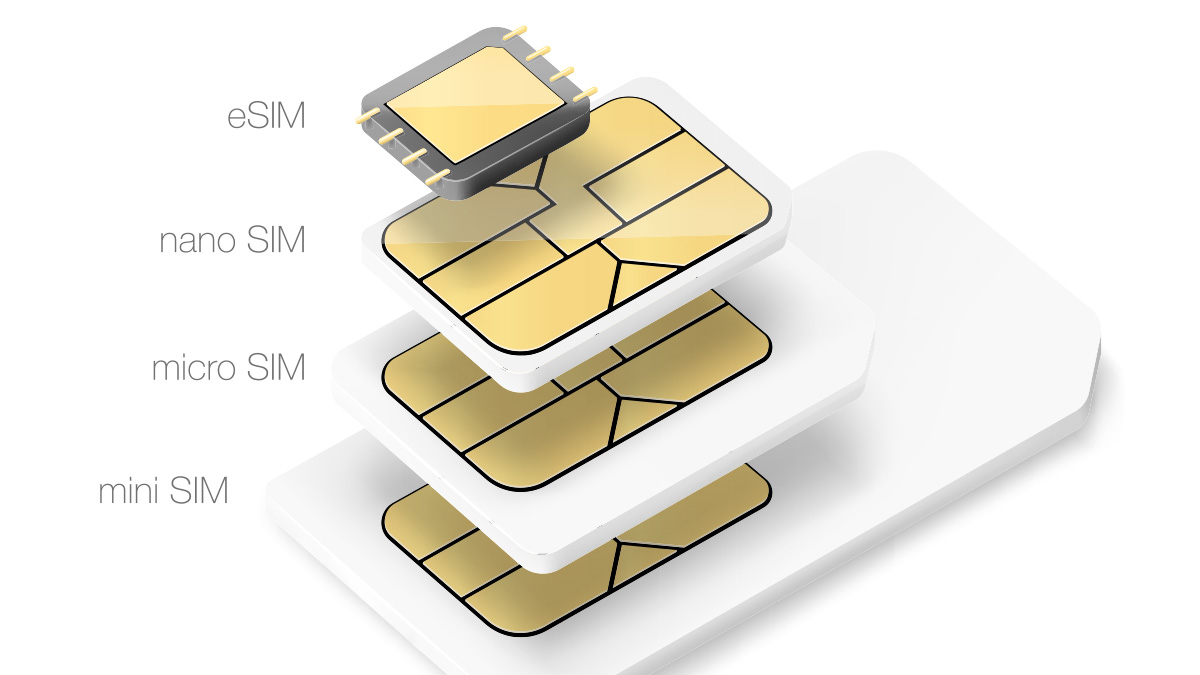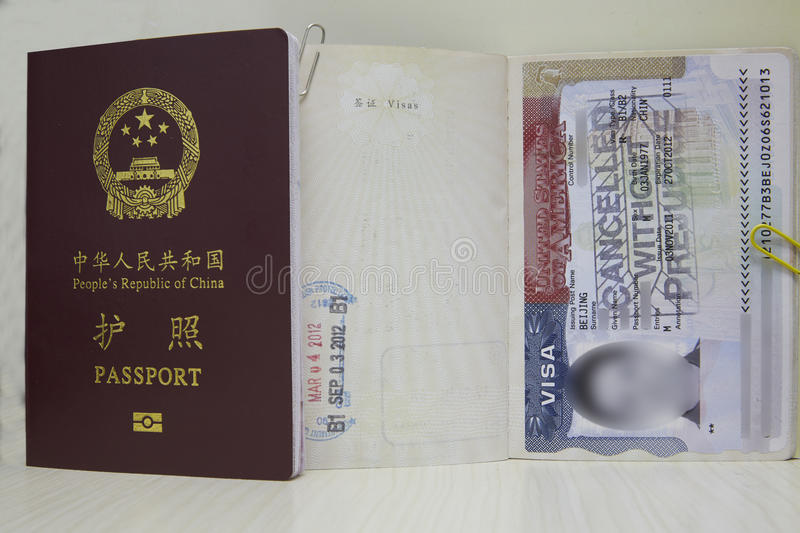Traveling to China can be a life-changing experience, full of adventure, culture, and history. However, planning a trip to this vast country can be overwhelming, especially if you’re not familiar with the language or customs. This comprehensive guide aims to provide you with all the information you need to make the most of your journey to China. From when to visit to what to see, where to stay to how to get around, we’ve got you covered. So, let’s dive in!
When to Visit China: Best Time to Plan Your Trip

China is a country of extremes, with diverse landscapes and climates that vary depending on the region. Therefore, the best time to visit China depends on your destination and interests. Generally, spring (April to May) and autumn (September to October) are the best seasons to travel to China, as the weather is mild and pleasant. Summer (June to August) can be scorching hot and humid, while winter (December to February) can be freezing cold.
The Best Seasons to Visit Popular Destinations in China
- Beijing: spring (March to May) and autumn (September to November)
- Shanghai: spring (March to May) and autumn (September to November)
- Xi’an: spring (March to May) and autumn (September to November)
- Guilin: spring (March to May) and autumn (September to November)
- Hong Kong: autumn (October to December)
Top Destinations in China: Where to Go and What to See

China is a country with a rich history and culture, offering travelers a wide range of attractions and experiences. Whether you’re interested in ancient landmarks, natural wonders, or modern megacities, China has something for everyone. Here are some of the top destinations in China and their must-see sights.
Beijing
- The Great Wall of China
- The Forbidden City
- Tiananmen Square
- Summer Palace
- Temple of Heaven
Shanghai
- The Bund
- Yu Garden
- Shanghai Tower
- Nanjing Road
- Oriental Pearl TV Tower
Xi’an
- Terracotta Army
- The Ancient City Wall
- Big Wild Goose Pagoda
- Huaqing Hot Springs
- Mount Li
Guilin
- Li River Cruise
- Elephant Trunk Hill
- Reed Flute Cave
- Seven Star Park
- Longji Rice Terraces
Hong Kong
- Victoria Peak
- Disneyland Hong Kong
- Ocean Park
- Ngong Ping 360
- Symphony of Lights
Traveling within China: Transportation Options

Getting around in China can be a challenge, especially if you don’t speak Chinese. However, there are several transportation options available depending on your budget and itinerary.
Domestic Flights
- Fastest way to travel long distances
- Affordable prices for flights between major cities
High-Speed Trains
- Comfortable and efficient for short to mid-distance trips
- Reliable and punctual with frequent departures
- Book tickets in advance for discounts and seat reservations
Buses
- Cheapest option for traveling within a city or region
- Crowded and uncomfortable during peak hours
- Limited English signage and communication with drivers
Taxis and Ride-Hailing Services
- Widely available in urban areas
- Use reputable ride-hailing apps such as DiDi or Meituan
- Always use metered taxis and carry small bills for payment
Subway/Metro Systems
- Convenient and affordable for getting around big cities
- Signage and announcements available in English
- Rush hour may be crowded and uncomfortable
Buy a Chinese eSIM before the trip
Having access to data while traveling in China is essential for staying connected with family and friends, navigating your way around, and accessing travel apps. Buying a Chinese eSIM card before your trip can save you time, money, and hassle.

Advantages of a Chinese eSIM
- No need to purchase a physical SIM card or change your current phone number
- Access to local data plans and rates
- Compatible with most unlocked smartphones
- Easy to activate and use via QR codes or online registration
Where to buy Chinese eSIM
If you’re looking to purchase a Chinese eSIM, there are a few things you need to keep in mind. First, let’s define what an eSIM is – it stands for “embedded SIM,” and it’s a type of SIM card that is built into your device rather than being a physical card that you insert.
Now, when it comes to buying a Chinese eSIM, the first thing you need to consider is which carrier you want to use. China has three major carriers: China Mobile, China Unicom, and China Telecom. Each carrier has its own eSIM product offerings, so you’ll need to do some research to figure out which one is the best fit for you.
Once you’ve decided on a carrier, you can then begin to look for places to purchase the eSIM. There are a few options here:
- The carrier itself: You can usually purchase eSIMs directly from the carrier’s website or physical stores. This is often the easiest and most straightforward option, as you know you’re getting a legitimate product directly from the source.
- Third-party resellers: There are also third-party websites and stores that sell eSIMs for various carriers. These can be a good option if you’re looking for a specific plan or deal that the carrier isn’t offering directly.
- Online Website: Finally, you may be able to find eSIMs for sale on online marketplaces like Gigago.com or buy online at a reputable supplier like chinaesim.com. However, you need to be careful here as there is a risk of purchasing counterfeit or fraudulent products. Make sure to read reviews and check the seller’s reputation before making a purchase.
It’s worth noting that purchasing a Chinese eSIM can be a bit more complicated than buying one in other countries. China has strict regulations around telecommunications, and you may need to provide identification or other documentation in order to activate the eSIM.
Overall, if you’re looking to buy a Chinese eSIM, your best bet is to start by researching the different carrier options and then looking for legitimate sources to purchase from.
Accommodation in China: Where to Stay
China offers visitors a wide range of accommodation options, from budget hostels to luxury hotels. However, it’s important to choose the right type of accommodation based on your preferences, location, and budget.
Types of Accommodation in China
- Hotels: from budget to luxury, available in urban and rural areas
- Hostels: affordable option for solo travelers or group stays
- Guesthouses: traditional-style lodgings offering cultural experiences and homestays
- Homestays: unique opportunity to stay with a local family and experience Chinese culture firsthand
Food and Drink in China: What to Try
Chinese cuisine is one of themost diverse and flavorful in the world, with a rich history and culture behind each dish. From spicy Sichuanese cuisine to delicate Cantonese dim sum, there’s something for every taste bud in China.
Popular Chinese Dishes to Try
- Peking Duck in Beijing
- Xiaolongbao (soup dumplings) in Shanghai
- Hot Pot in Chengdu
- Dumplings in Xi’an
- Kung Pao Chicken in Sichuan
Chinese Drinks to Try
- Green Tea
- Baijiu (Chinese liquor)
- Tsingtao Beer
- Pearl Milk Tea
- Freshly squeezed fruit juice
Culture and Etiquette: Dos and Don’ts for Travelers
China has a rich culture and etiquette that may differ from Western customs. It’s important to be aware of these differences to avoid cultural misunderstandings or offending locals.
Dos
- Learn basic Mandarin phrases such as “hello” (nǐ hǎo) and “thank you” (xiè xiè)
- Tôn trọng phong tục và truyền thống địa phương
- Dress modestly and appropriately, especially when visiting religious sites
- Remove your shoes when entering someone’s home or temple
- Carry tissues and hand sanitizer with you
Don’ts
- Touch someone’s head or point with your finger
- Discuss sensitive topics such as politics or religion
- Lose your temper or raise your voice in public
- Bargain aggressively or refuse local currency
- Take photos without permission, especially of people or religious sites
Money Matters: Currency, ATMs, and Credit Cards
China’s currency is the Renminbi (RMB), also known as the yuan. It’s important to have enough cash on hand, especially when traveling to rural areas or small towns where credit cards may not be accepted.
Tips for Handling Money in China
- Exchange currency at banks or authorized money changers
- Withdraw cash from ATMs that accept international debit or credit cards
- Carry small bills for taxis, street vendors, and tips
- Use WeChat Pay or Alipay mobile payment apps for convenience
Visa Requirements: How to Obtain a Visa for China

As of 2021, most foreign visitors need a visa to enter China. The type of visa required depends on the purpose of your trip, duration of stay, and itinerary.
Types of Chinese Visas
- Tourist Visa (L Visa)
- Business Visa (M Visa)
- Student Visa (X Visa)
- Work Visa (Z Visa)
How to Apply for a Chinese Visa
- Visit the Chinese embassy or consulate in your home country
- Submit required documents such as passport, application form, and photo
- Pay the visa fee and wait for processing (may take several days or weeks)
Tips for a Safe and Enjoyable Trip to China
China is generally a safe country for travelers, but it’s important to take precautions to ensure a smooth and enjoyable journey.
Safety Tips for Travelers in China
- Keep your valuables (passport, cash, electronics) in a secure place
- Be aware of scams and pickpocketing in crowded areas
- Register with your embassy or consulate for emergency assistance
- Follow local laws and regulations
- Have travel insurance that covers medical emergencies and trip cancellation
Phần kết luận
China is a fascinating and diverse country with much to offer travelers. By following this guide, you can plan a memorable trip to China and experience its rich culture, history, and natural beauty. Remember to be respectful, open-minded, and adventurous, and you’re sure to have the trip of a lifetime!




